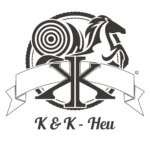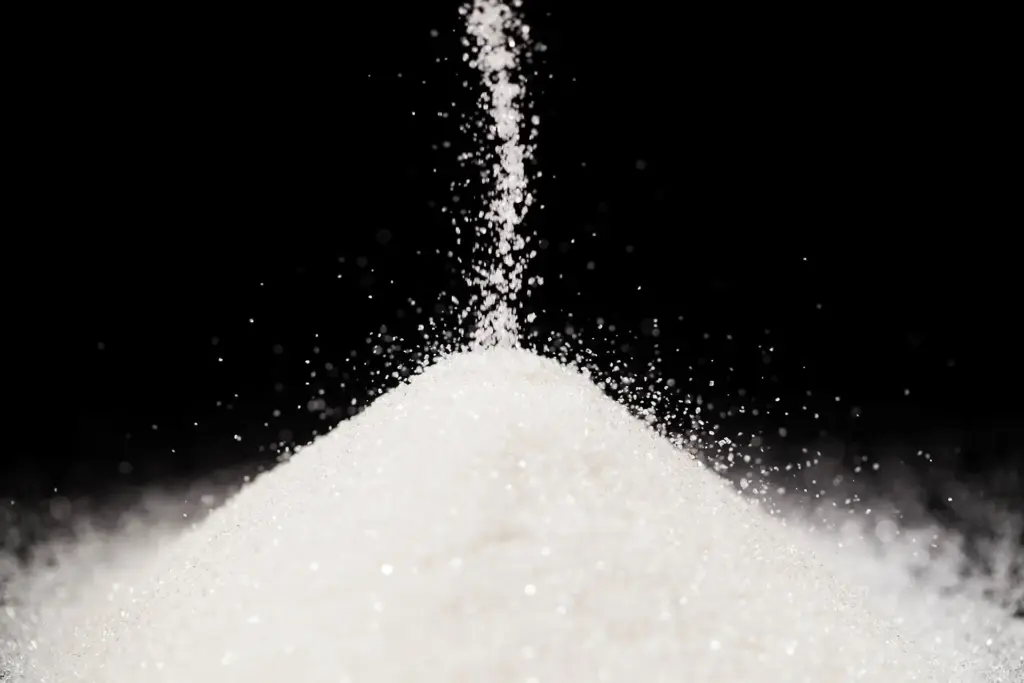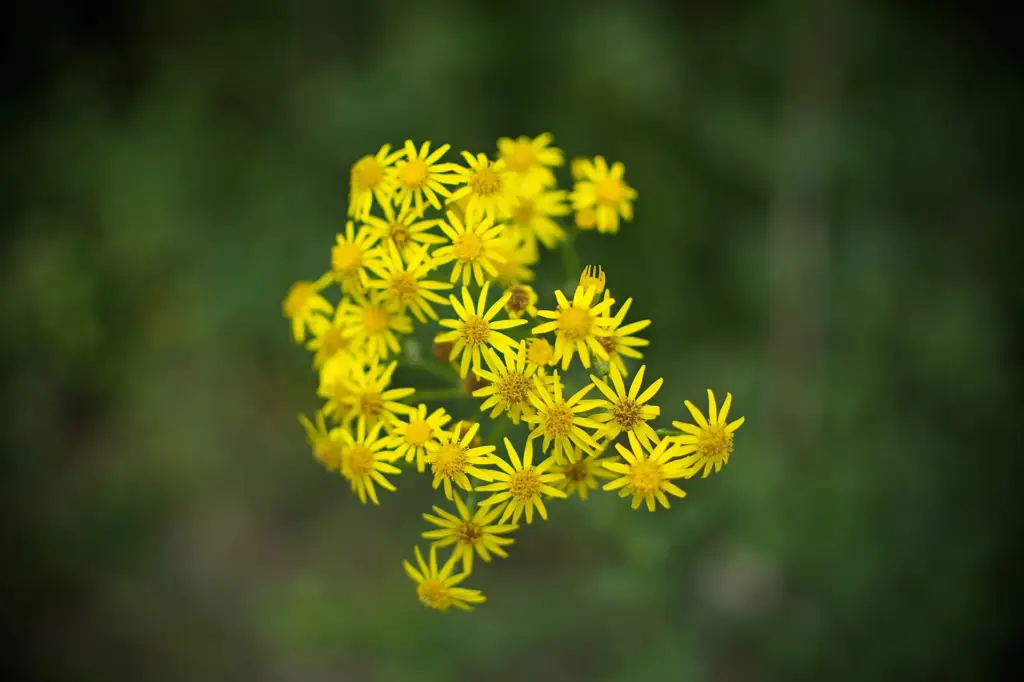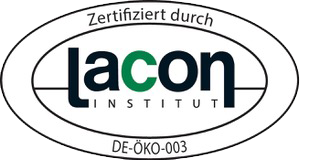Challenges of hay cultivation in Germany
In Germany, farmers face various challenges in hay cultivation. Intensive agriculture to supply cows and cattle leads to high sugar and fructan levels in hay, which is unsuitable for horses. Additionally, climatic conditions, dry periods, and the use of fertilizers negatively affect the quality of hay. The presence of mold and yeast varies depending on weather conditions, which can cause many horses to develop health problems.
Advantages of French cultivation
Marine Hay is cultivated in Brittany in close proximity to the Atlantic Ocean. The fields are managed in crop rotation. The predominantly clay-layered soils are excellent for forage and require minimal or no fertilization.
The intact humus layer provides plants with nutrients, allowing the grass to thrive naturally and ensuring a balanced diet for horses.
Mold and yeast formation are nearly eliminated as the fields are reseeded annually.
The result is a perfect complete feed with a pleasant hay smell. Only one cut is made per year. The cut grass remains on the field for seven days before being compressed into large square bales. Sun exposure provides the hay with necessary vitamins.
The average sugar and fructan content is very low. Due to the proximity to the Atlantic Ocean, the hay has a slightly salty taste and contains iodine. Both are beneficial for metabolism (see HD bales).
Meaning and Special Features
Organic farming in Germany is gaining popularity, driven by EU premiums and higher subsidies with an organic certification. Farmers refrain from unnecessary fertilization, although the sugar content often exceeds 10%. Special caution is required as organic areas can often contain toxic plants.
Toxic Plants and Safety in French Hay
For organic farms in Germany, we strive to deliver uncontaminated hay. The sugar content ranges from 9 to 10%. In French hay, the focus is on safety and quality, with efforts made to minimize the presence of toxic plants.
Certified Quality
We place great emphasis on transparency and quality assurance. Our provided data, such as sugar values, can be certified and verified through our Lufa reports/values. Trust K & K Hay Trading for high-quality hay that promotes the health of your horses.



